Checking rdesktop and xrdp with PVS-Studio
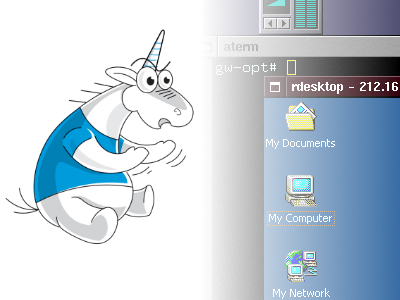
This is the second post in our series of articles about the results of checking open-source software working with the RDP protocol. Today we are going to take a look at the rdesktop client and xrdp server.

General-purpose programming language. It has imperative, object-oriented and generic programming features, while also providing facilities for low-level memory manipulation


In the era of ubiquitous AI applications there is an emerging demand of the compiler accelerating computation-intensive machine-learning code for existing hardware. Such code usually does mathematical computation like matrix transformation and manipulation and it is usually in the form of loops. The SIMD extension of OpenMP provides users an effortless way to speed up loops by explicitly leveraging the vector unit of modern processors. We are proud to start offering C/C++ OpenMP SIMD vectorization in Visual Studio 2019.
The OpenMP C/C++ application program interface was originally designed to improve application performance by enabling code to be effectively executed in parallel on multiple processors in the 1990s. Over the years the OpenMP standard has been expanded to support additional concepts such as task-based parallelization, SIMD vectorization, and processor offloading. Since 2005, Visual Studio has supported the OpenMP 2.0 standard which focuses on multithreaded parallelization. As the world is moving into an AI era, we see a growing opportunity to improve code quality by expanding support of the OpenMP standard in Visual Studio. We continue our journey in Visual Studio 2019 by adding support for OpenMP SIMD.



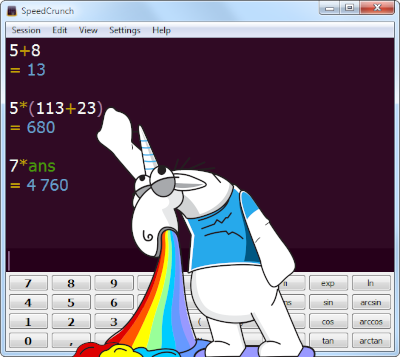

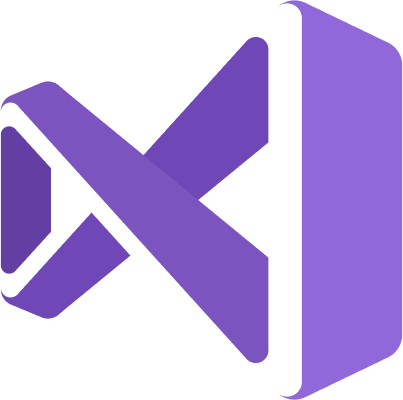
Visual Studio 2019 Preview 3 introduces a new feature to reduce the binary size of C++ exception handling (try/catch and automatic destructors) on x64. Dubbed FH4 (for __CxxFrameHandler4, see below), I developed new formatting and processing for data used for C++ exception handling that is ~60% smaller than the existing implementation resulting in overall binary reduction of up to 20% for programs with heavy usage of C++ exception handling.
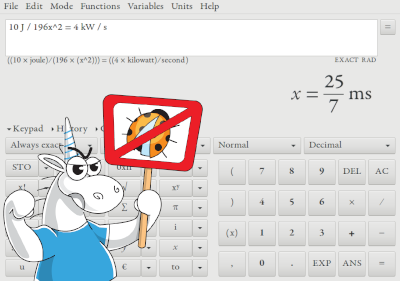
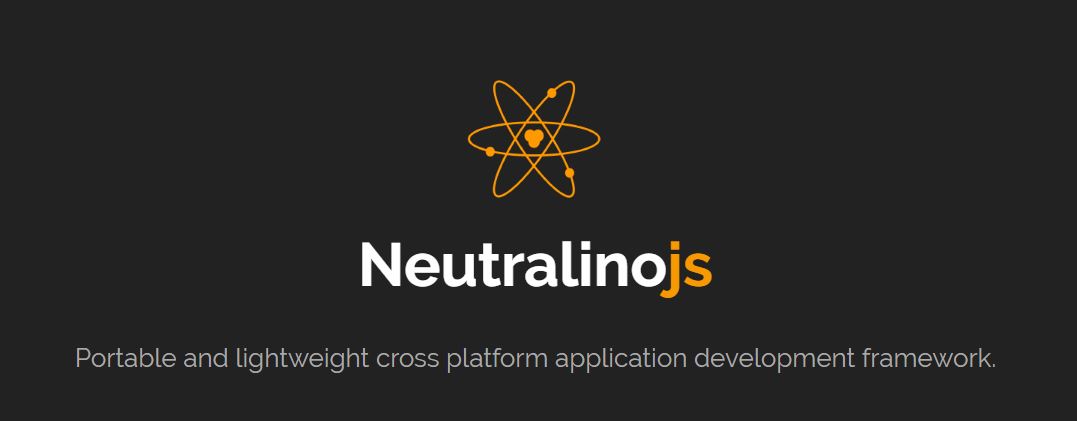
I am Shalitha Suranga from Sri Lanka. I started Neutralinojs project with other two members as our research project at university.
Cross-platform application development is extremely useful among software development organizations because a large end-user audience can be targeted. Earlier there were several approaches, such as writing multiple codebases per each platform, writing a single codebase using conditionals for platform selection, or using a programming language which has a cross-platform virtual machine at run-time. There were drawbacks of each like complexity of design, limited low-level accessibility and slow learning rate. Cross-platform application development with web technologies came [1] after. Electron and NW.js are most popular frameworks which allow developers to make cross-platform applications using Javascript. Basically, these popular frameworks combine embedded chromium browser and node run-time [2], [3].
These frameworks are being used to create numerous cross-platform applications. Whereas the community pointed out several unseen drawbacks of these frameworks. Large bundled application size, high memory consumption and long development workflow are the key things which were criticized through internet forums and websites [4], [5], [6], [7], [8]. Table 1.1 shows the advantages and disadvantages of Electron/NW.js.
Table 1.1: Advantages and Disadvantages of Electron/NW,js
| Advantages of Electron and NW.js | Disadvantages of Electron and NW.js |
|---|---|
| Development is very easy since Javascript is used | Application bundle is considered as bloatware (High disk space usage) |
| Access native functions via node runtimeSingle codebase for all supported platforms Linux, Windows and macOS | High memory consumption and slowness |
| Many Node modules need to be installed |
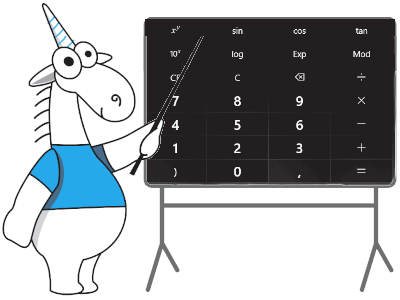


Visual Studio 2019 pushes the boundaries of individual and team productivity. We hope that you will find these new capabilities compelling and start your upgrade to Visual Studio 2019 soon.
As you are considering this upgrade, rest assured that Visual Studio 2019 makes it distinctively easy to move your codebase from previous versions of Visual Studio. This post captures the reasons why your upgrade to Visual Studio 2019 will be pain-free.

In Visual Studio 2019 Preview 2 we have continued to improve the C++ backend with new features, new and improved optimizations, build throughput improvements, and quality of life changes.
The C++ Core Guidelines’ Lifetime Profile, which is part of the C++ Core Guidelines, aims to detect lifetime problems, like dangling pointers and references, in C++ code. It uses the type information already present in the source along with some simple contracts between functions to detect defects at compile time with minimal annotation.


In this article I'm going to tell you about one of the currying options and partial application of the functions in C++ which is my personal favourite. I'm also going to show my own pilot implementation of this thing and explain the point of currying without complex mathematical formula, making it really simple for you. We'll also see what's under the hood of kari.hpp library which we'll be using for currying functions. Anyway, there are lots of fascinating stuff inside, so welcome!
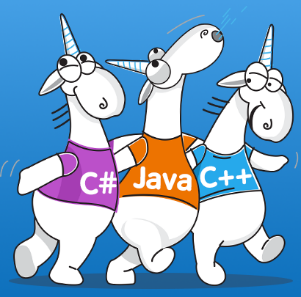 Today is an important day — after 28 releases of the sixth version we present our PVS-Studio 7.00, in which the key innovation is the support of the Java language. However, during 2018 we have acquired many other important changes related to C++, C#, infrastructure and support of coding standards. Therefore, we bring to your attention a note that sums up the major changes that have happened in PVS-Studio for the last time.
Today is an important day — after 28 releases of the sixth version we present our PVS-Studio 7.00, in which the key innovation is the support of the Java language. However, during 2018 we have acquired many other important changes related to C++, C#, infrastructure and support of coding standards. Therefore, we bring to your attention a note that sums up the major changes that have happened in PVS-Studio for the last time.